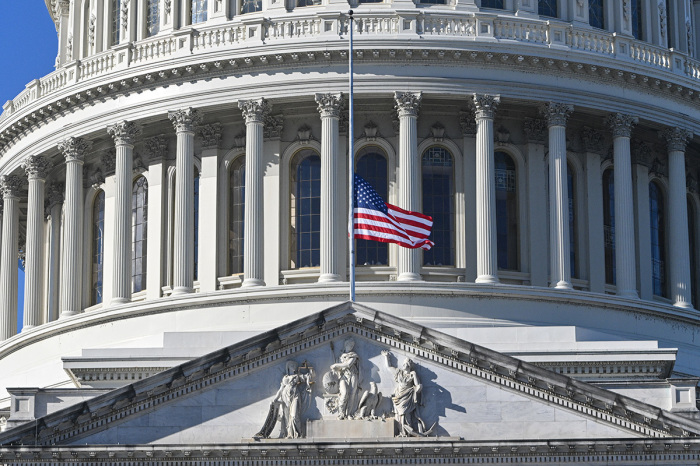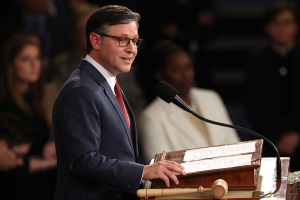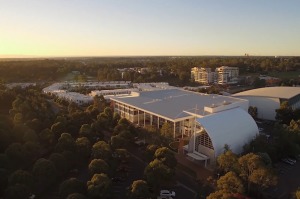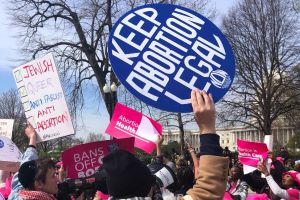‘God gap’ among GOP, Democrats increases in 119th Congress: report

A "God gap" exists among members of the incoming 119th Congress, despite Protestants and Catholics dominating the religious affiliation of both parties, according to a recent report.
CQ Roll Call published an analysis on Monday of the religious affiliation of the 119th Congress, which was elected last November and begins its sessions on Friday.
Roll Call found that while 98% of Republican members identified as Christian, only 75% of Democrats or members who caucus with Democrats identified as Christian.
Five Republican members did not identify as Christian, while 66 Democrats did not identify as Christian. Additionally, while only one Republican — Rep. Dave Taylor of Ohio — identified as religiously unaffiliated, 21 Democrats did not list an official religious affiliation.
Ryan Burge, a professor of political science at Eastern Illinois University who has written extensively about religion in America, referred to the differences as a “God gap.”
Burge was quoted by Roll Call as noting that Republicans “could just say they’re a Christian, they’re a person of faith,” and this “turns off almost no one in their party.”
“I think [Democrats’] calculation is ‘if I don’t give an answer, I’m not going to make anybody mad,’” said Burge. “For the Republicans, it’s ‘if I don’t say I’m Christian, I will make a lot of people mad.’”
The analysis did not include Republican Rep. Matt Gaetz of Florida, who, while reelected to his seat last year, later announced that he was resigning from Congress.
Roll Call also found that, as in past years, Protestants made up the majority of religious adherents in Congress for both parties. Roman Catholicism was the largest religious affiliation, with 83 Democrats and 68 Republicans identifying as such.
Religious affiliation in Congress is higher than the general population in the U.S., with Roll Call noting that while 95% of congressional lawmakers are religiously affiliated, less than 70% of Americans are the same, according to the Pew Research Center.
“Congress represents America as it looked 20 or 30 years ago, not the way it looks today,” Burge told Roll Call. “Incumbency advantage keeps people in office that were elected … some of them in the ’80s, in the ’90s, when America was overwhelmingly a religious country.”
In the elections last November, Republicans maintained a narrow majority of the House of Representatives while regaining control of the Senate, giving the GOP control over both houses of Congress and the White House come inauguration day.





























